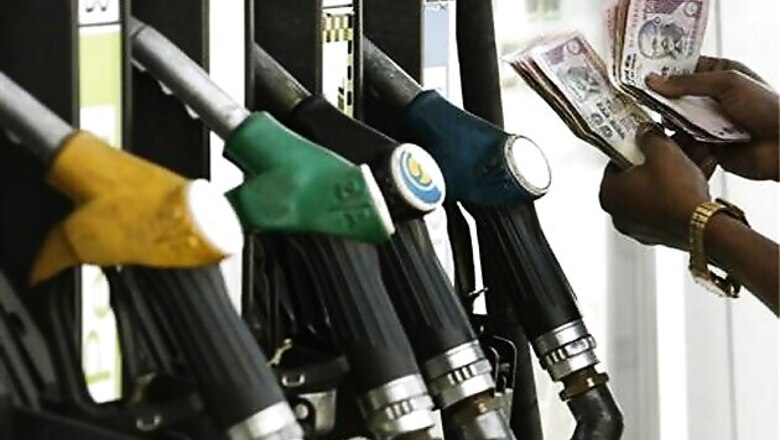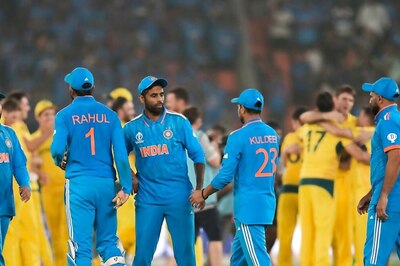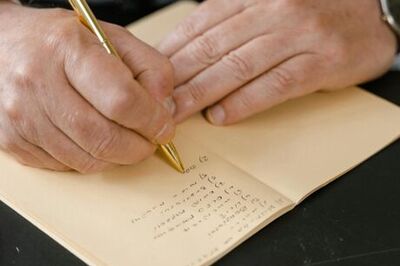
views
New Delhi: Narendra Modi's landslide victory gives him the mandate to deregulate diesel prices as well as raise natural gas rates with a clear road map towards free pricing to cut subsidies and shrink the budget deficit.
With the biggest election win in 30 years, the Modi-led National Democratic Alliance is expected to maintain the reforms momentum, ICICI Securities said in a research note. While the outgoing United Progressive Alliance government had taken baby-steps towards freeing diesel prices by way of 40-50 paise a litre monthly increases since January 2013, it said "a clear majority should encourage the government to fast forward deregulation process through more frequent hikes (fortnightly or weekly). It can be more or less implied that deregulation is for sure."
The Congress-led UPA had in June 2010 freed petrol prices and rates have largely moved in tandem with costs. Diesel and cooking fuels LPG and kerosene continue to be controlled. After 15 increases since January 2013, the retail price of diesel in Delhi is Rs 4.41 a litre short of costs.
This loss as well as those on domestic cooking gas (LPG) and kerosene are met through government subsidy and doles from oil and gas producers including Oil and Natural Gas Corp. Freeing diesel prices (linking them to costs, obviating the need for subsidy) would have trimmed the Rs 140,000 crore fuel subsidy in FY14 by about 36 per cent.
The BJP had in its election manifesto promised to revive the economy from the slowest pace of growth in a decade and expedite foreign investments. "As diesel deregulation becomes a certainty, the NDA might consider lowering the cap on LPG cylinders back to nine (from the current 12 bottles per household in a year)," ICICI Securities said.
On the UPA's controversial decision to almost double natural gas prices to spur investment in stagnant oil and gas exploration and production, it said the NDA "might go ahead with the gas price hike (may tweak the formula) and also provide a road map towards free pricing." The Cabinet last year approved a formula suggested by a panel headed by C Rangarajan for pricing all domestic gas. The rate, which according to this formula would have risen to about $8.3 per million British thermal units from the current $4.2, couldn't be notified due to the elections and the government under Modi is expected to decide on the matter.
"NDA government is expected to pay heed to concerns from E&P players for a road map towards free pricing of gas," ICICI Securities said. "Considering many of deepwater gas discoveries are unviable even at $8 price levels, the government might consider a more practical approach towards pricing, maybe based on dynamics of fields - differentiating among deepwater, shallow water and onland fields."



















Comments
0 comment